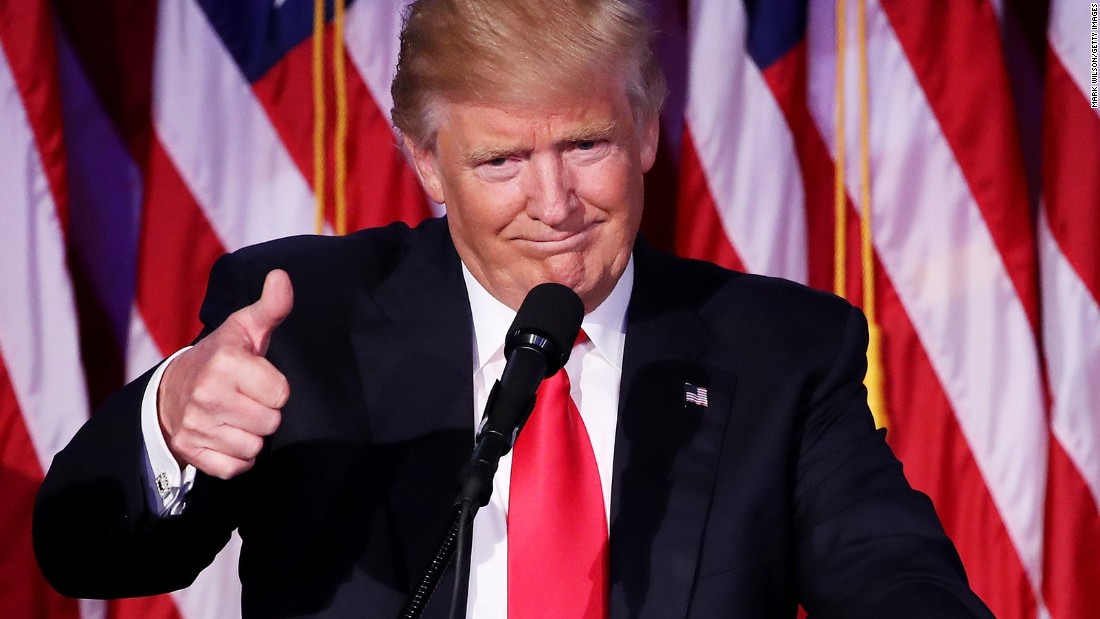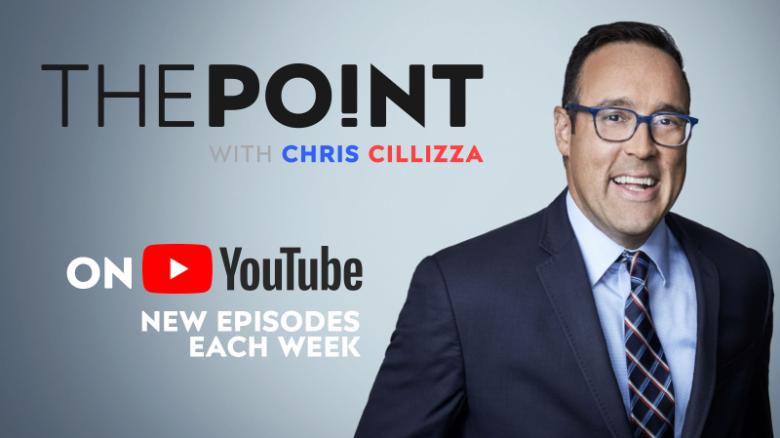Analysis: 2 reasons the election isn’t likely to be called Nov. 3
The answer is that we might know, but it is very unlikely that the election will be called by any TV network or media organization on election night. And there are two major reasons why:
While national polling was, largely, accurate about Hillary Clinton’s popular vote margin — she had a lead of 2.8 million in the popular vote — there’s no question that President Donald Trump’s victory four years ago was a surprise to, well, almost everyone. And that includes the media organizations that model the election in hopes of being able to call individual swing states for candidates and, ultimately, declare the next president long before all the actual votes are cast.
Because of that shock to the political system four years ago based, in large part, on Trump’s ability to pull nontraditional voters to the polls, there will be a significant amount of caution exercised when it comes to making both projections about who has won closely contested states and who has won the election.
The nightmare scenario for anyone attempting to project the next president is what happened in 2000, when Florida was called and then retracted as more information (and votes) became available.
No one wants a repeat of that, particularly given Trump’s repeated assertions, with zero facts, that the election is somehow “rigged.”
2) The massive early vote:
We’ve never seen anything like these early vote numbers, largely because we haven’t dealt with a deadly pandemic like Covid-19 in 100 years. Because of the through-the-looking-glass nature of the early vote, it’s even harder than normal to produce accurate turnout models on which networks base their projections.
Does the increased early vote mean fewer people will vote in person on Tuesday? Or will Election Day turnout soar commensurate with how much early voting has gone up? Somewhere in between?
No one — and I mean no one — knows the answers to those questions. And that means that the people in charge of calling states (and the White House) are going to be extra cautious when it comes to reading the signs their election models are sending them.
Add it all up and you start to understand why staying up super late on November 3 (or very early on November 4) might not mean that you get to hear the identity of the next president.
Caution is warranted — always — when announcing something as monumental as the next president of the United States. But it’s even more important to be cautious when you are making that sort of projection amid a pandemic and with a man in the White House who has made plain his (false) belief that something nefarious is going on in the voting.
It’s better to be right than first. And that’s never been more true than in this election.
![]()



